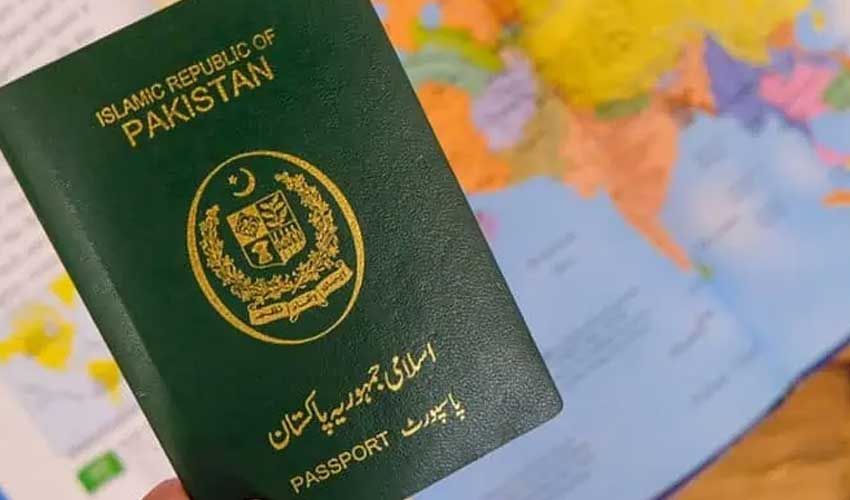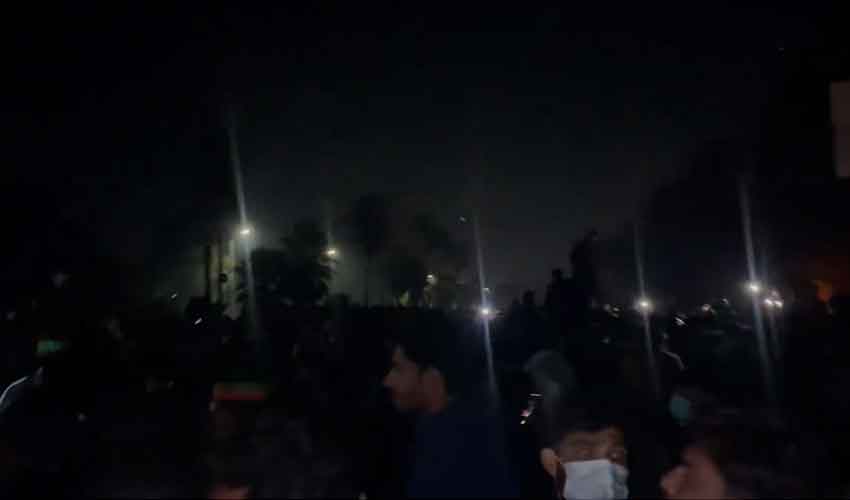The Punjab government has introduced new subjects for matriculation, offering students diverse options beyond the traditional science and arts streams.
Starting this academic year, students will have the opportunity to pursue matriculation in innovative fields such as information technology, technology entrepreneurship, health sciences, agriculture science, and fashion designing.
The decision aims to align the education system with international standards and provide students with skills that cater to contemporary demands. According to the Punjab education minister, the introduction of these courses marks a shift from conventional education methods to more practical, career-oriented learning paths.
Key features of new courses
- Students can now choose from streams like IT, health sciences, agriculture science, entrepreneurship, and fashion designing from Class IX.
- The new major courses will carry marks ranging from 100 to 150.
- Students will select their matriculation subjects at the beginning of the ninth grade.
- Major courses will be prominently mentioned on students’ result cards.
The decision has been widely welcomed by citizens, with many praising the government for its forward-thinking approach.
Parents and educators believe these new subjects will empower students to develop specialized skills and prepare them for a competitive global environment. The School Education Department has instructed district education officers to compile lists and the number of students interested in these new groups for the current academic session.
Punjab Education Minister Rana Sikander Hayat emphasized that these courses have been designed to equip students with modern skills and knowledge. “Earlier, matriculation was only offered in science and arts groups. This initiative is a step towards aligning our education system with global standards,” he said, adding that from this year onwards, students will be able to choose diverse groups.
With this innovative initiative, matriculation in Punjab is no longer limited to traditional streams. By offering career-oriented courses, the government aims to bridge the gap between education and market demands, ensuring students are better prepared for future challenges.



























